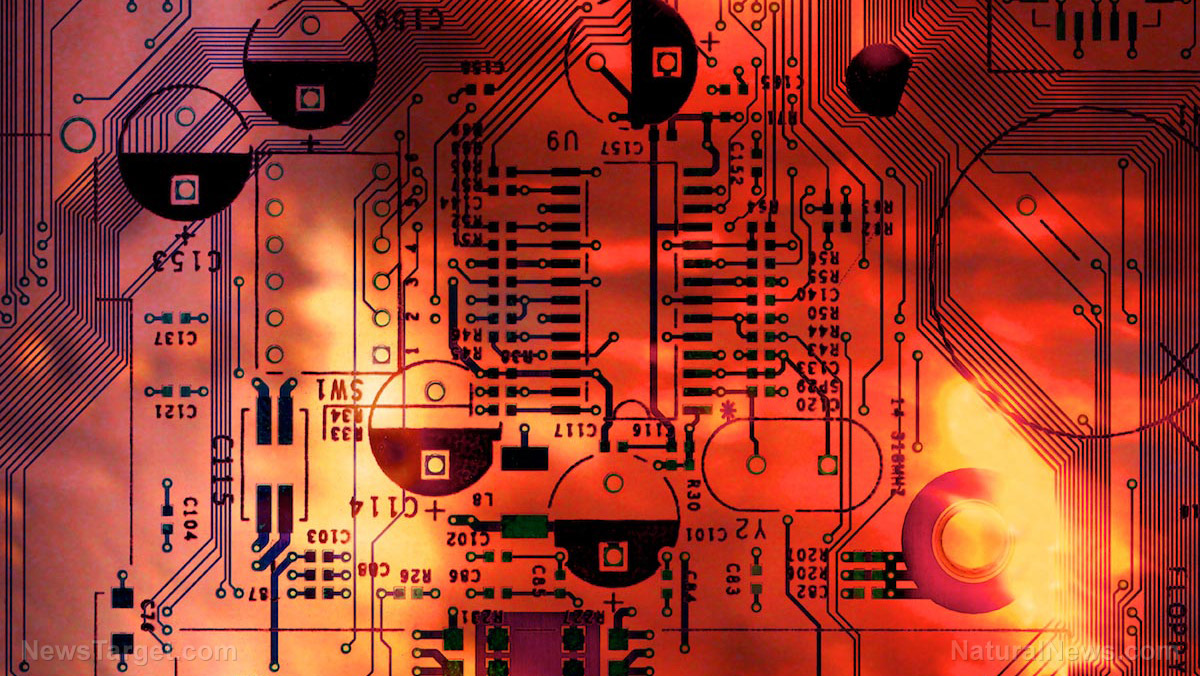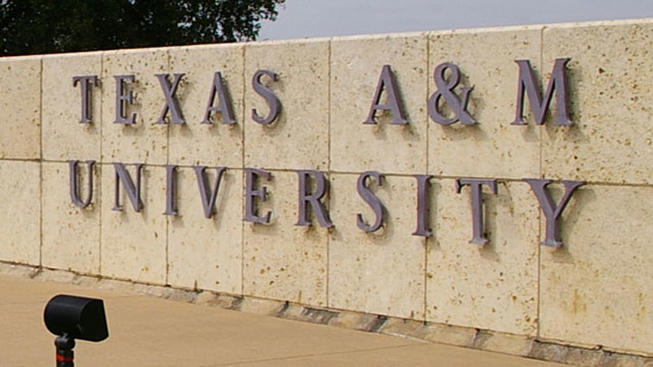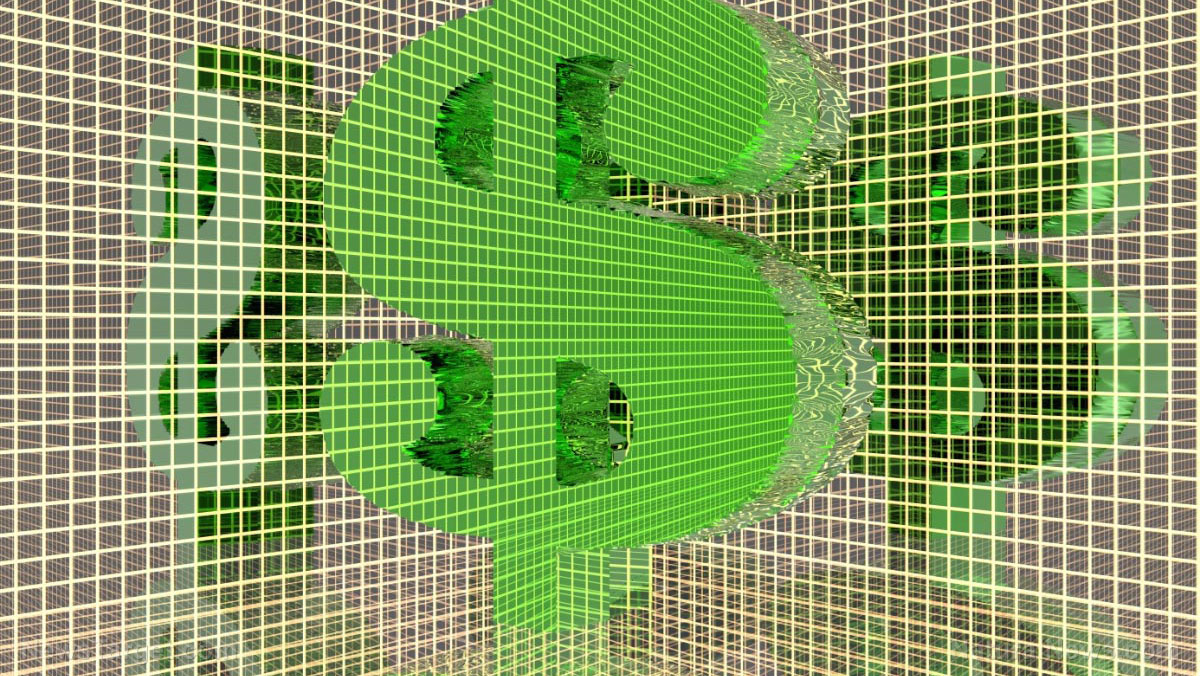Intel, Nvidia questioned by lawmakers about their microchips being used to suppress human rights in Xinjiang
12/10/2020 / By Franz Walker

Two U.S. congressmen are questioning chipmakers Intel and Nvidia about allegations that their microchips are being used in Chinese computer systems to conduct mass surveillance in China’s Xinjiang region.
In a statement made Dec. 8, Sen. Marco Rubio (R-Fla.) and Rep. Jim McGovern (D-Mass.) raised several questions to Intel chief executive Bob Swan and his Nvidia counterpart Jensen Huang. They pointed to a recent article in The New York Times that alleged that Intel and Nvidia chips were being used in the Urumqi Cloud Computing Center (UCCC), a facility built by Chinese company Sugon, where authorities in Xinjiang process footage from surveillance cameras.
Rubio is the chairman of the Senate Foreign Relations subcommittee that oversees human rights. Both he and McGovern are the co-chairs of the Congressional-Executive Commission on China.
Intel, Nvidia chips used by Chinese company making surveillance supercomputers
Citing Sugon’s website, the article stated that authorities use the UCCC to conduct “predictive policing.” Rubio and McGovern argued that this meant that the facility was “preventatively identifying behaviors considered dangerous or disloyal to the Chinese Communist Party.”
Sugon has close ties to the Chinese Communist Party (CCP). In addition to being a supplier for the Chinese military, the company’s articles of incorporation reveal that it has its own Part committee, which oversees that the company complies with the CCP’s policies. Said committee also leads the company’s “thought political work.”
In June of 2019, Sugon had been on an entity list alongside several other Chinese companies that posed a risk to American national security or foreign policy interests. Sugon has publicly acknowledged that their supercomputers had military applications, according to the U.S. Department of Commerce. Other blacklisted companies include surveillance equipment manufacturer Hikvision and artificial intelligence firm SenseTime Group.
American companies are banned from doing business with blacklisted companies.
Both Swan and Huang were asked if they knew that their technology would be used to support surveillance activities conducted by the CCP and whether they took steps to ensure that their products were not used for human rights abuses or to compromise U.S. national security.
“To what extent was your company aware that your products would be used to support the operations and activities of the Ministry of Public Security, the Ministry of State Security, and the People’s Armed Police?” asked the lawmakers.
In response, Intel spokesman William Moss stated that the company does not tolerate its products being used to violate human rights. Moss added that when the company becomes aware of such a concern it restricts our outrights ceases business with the customers in question until it has confidence that its products aren’t being used to commit such violations.
Meanwhile, Nvidia told The New York Times that Sugon has not been “a significant Nvidia customer” since it was blacklisted.
Stopping sale of U.S. chips to China may only slow the latter down
According to a 2020 report by the U.S. Commission on International Religious Freedom (USCIRF), as many as 1.8 million Muslim ethnic minorities, including Uyghurs, have been detained in more than 1,300 concentration camps in Xinjiang.
Helping fill these complexes are artificial intelligence and surveillance systems, such as those made by Sugon. Last year, Sugon’s supercomputer appears on the international supercomputer rankings. It was reportedly using Intel Xeon Gold 5188 processors and Nvidia Tesla V100 advanced artificial intelligence chips.
With both Intel and Nvidia claiming to have stopped doing business with Sugon, it’s unclear how the company will obtain chips powerful enough to keep their supercomputers on that list. That said, less technology used to run harmless tasks can also be used for surveillance. In addition, customers can also use resellers in other countries or chips made by U.S. companies overseas.
Last year, police in the Xinjiang counties of Yanqi and Qitai purchased surveillance systems that ran on lower-level Intel chips.
In addition, China may not be dependent on chips from U.S. manufacturers for much longer, with Chinese companies working to develop their own computer chips.
“I’m afraid in a few years time, Chinese companies and government will find their own way to develop chips and these capabilities,” said Maya Wang, a China researcher with Human Rights Watch. “Then there will be no way to get a handle on trying to stop these abuses.”
Follow Tyranny.news for more on China’s human rights abuses in Xinjiang.
Sources include:
Submit a correction >>
Tagged Under:
Big Tech, CCP, China, chips, communism, computers, computing, evil, Glitch, human rights, human rights abuse, information technology, Intel, NVIDIA, surveillance, tech giants, technology, Twisted, uyghurs, Xinjiang
This article may contain statements that reflect the opinion of the author
RECENT NEWS & ARTICLES
COPYRIGHT © 2017 SURVEILLANCE NEWS




















